We now live in a time where we are conscious of the impact of our methods of disposing of waste and we have the opportunity to act.
Discussions about what happens to our recycling once it’s collected by councils around the country has been prominent in the news lately so it’s a good thing if we can take control over what happens to some of our waste.
This is where composting is ideal.
Composting is basically a way of speeding up the decaying process so we can transform our waste products into usable soil. We certainly do not do this alone. Particular microorganisms are essential to this process and take turns to break down items placed into our compost bins. This will only work effectively if we encourage them though.
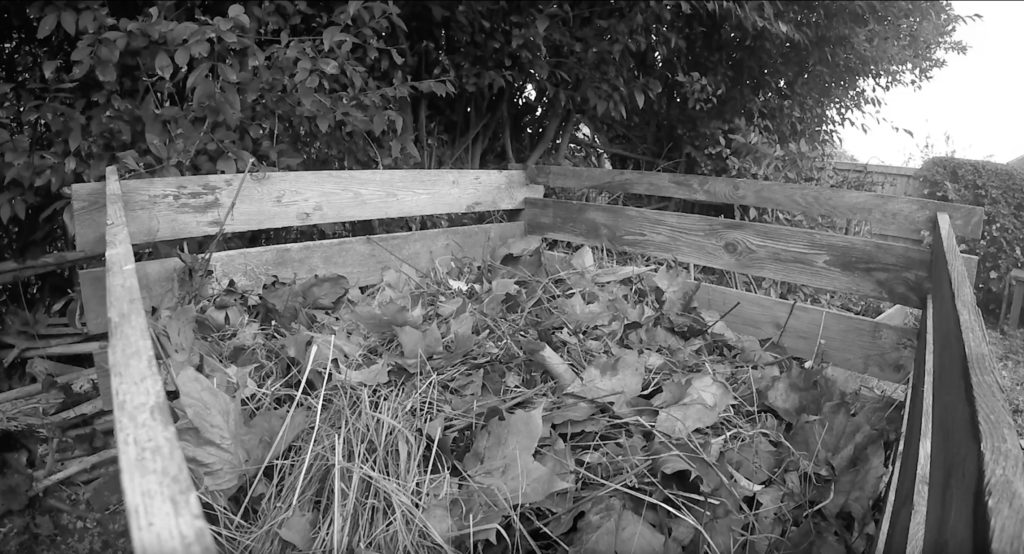
Here are some top tips for creating a compost heap that produces good results.
CREATE A BALANCE
There are two types of waste products that we put into our compost bins. You will likely hear them referred to as ‘Green’ and ‘Brown’ materials. ‘Green’ refers to nitrogen-rich items and ‘brown’ refers to carbon-rich waste products. Both carbon and nitrogen are essential for the right microorganisms to thrive. Carbon provides them with energy and nitrogen gives them what they need to grow and reproduce.
So the power to help these microorganisms break down your compost is in your hands.
Which materials then class as ‘Green’ or ‘Brown’?
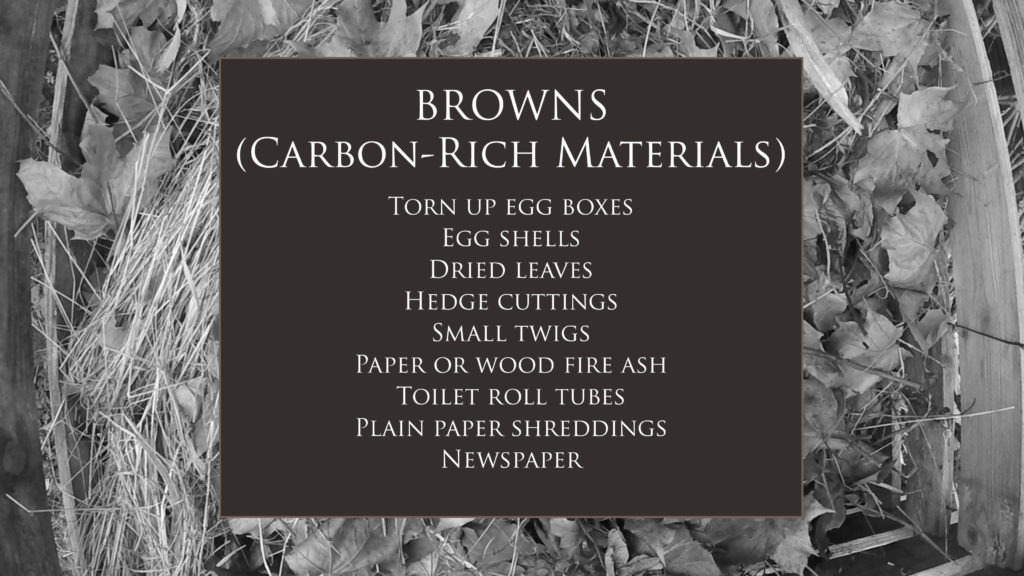
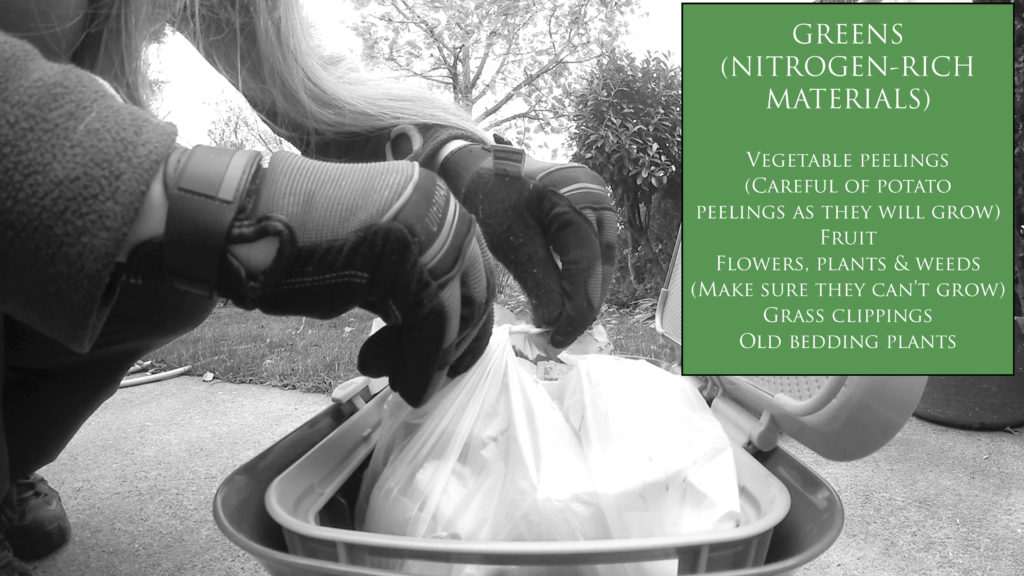
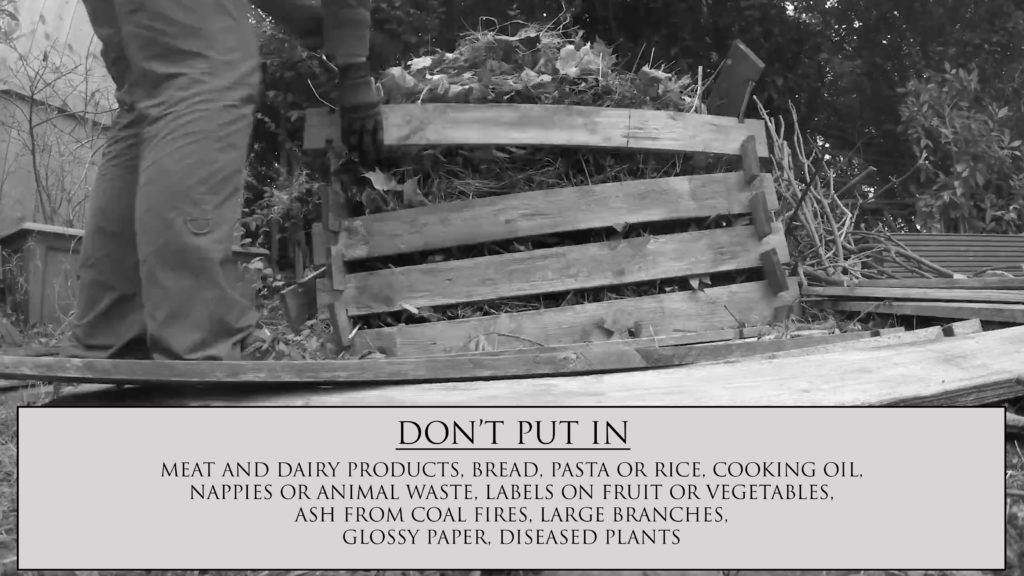
TURN YOUR COMPOST
Turning your compost can help it to decay for a variety of reasons. Firstly, certain microorganisms need oxygen to survive so it’s important to give your compost chance to breathe so those microorganisms can push forward with the composting process. Turning your compost also makes new material available to Thermophilic microorganisms so they can start work on breaking it down.
FEED YOUR MICROORGANISMS
The microorganisms in your compost bin are going to be working hard for you, so in return it’s only fair that you provide them with the conditions that they need. You can make sure they get the correct nutrients by putting both green and brown materials in. You can help oxygen to reach the heap by having a compost bin that allows air in and by turning the compost regularly. You want your compost to be moist but not soaking wet. If there is too much water getting in, cover the compost to ensure it doesn’t end up too wet. Your compost also needs to be warm to invite productivity from friendly microorganisms. The decaying process can raise the heat a bit too much though, which is another good reason for turning your compost as this will keep the temperature at a good level. You might go as far as keeping an eye on the temperature, which you can do by purchasing a compost thermometer.
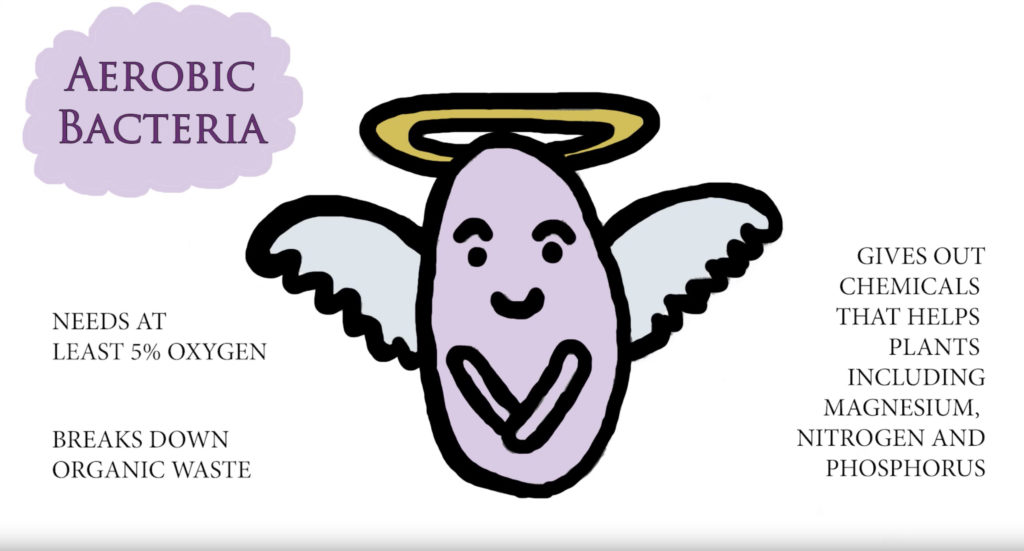
BE AWARE OF YOUR COMPOST’S CONDITION
There is one really simple way to tell if your compost isn’t working as efficiently as it should. If it smells bad it’s a sign that you might not be creating the correct balance between compostable materials and are maybe not creating quite the correct conditions for it to decay the right way. The reason for the smell is often down to Anaerobic bacteria, which release Hydrogen Sulphide, creating the bad odour.
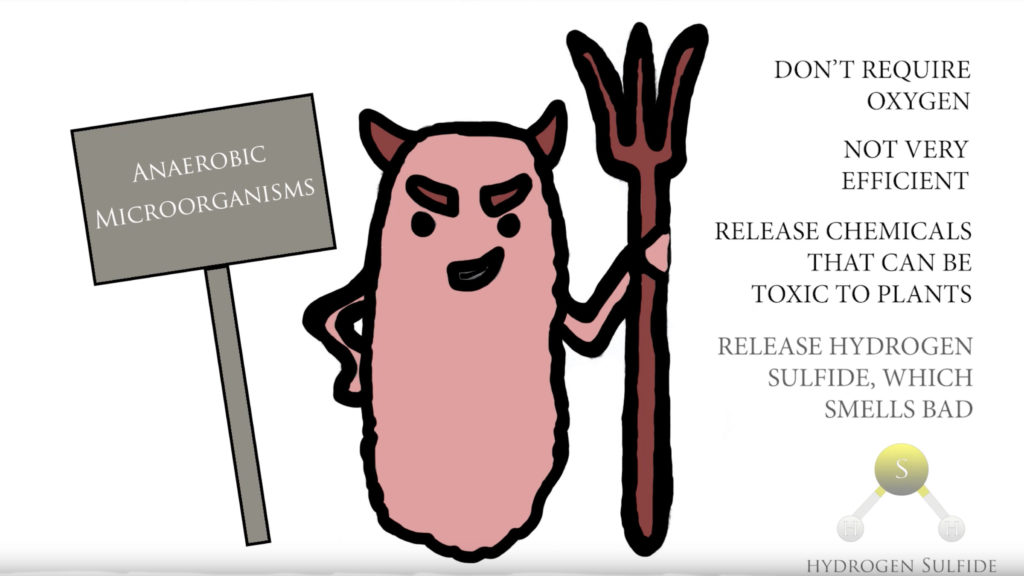
ADD COMPOSTING TO YOUR LIFE
Not everyone has a compost bin but they could be missing a trick. Some councils offer food-waste recycling, but not all, in which case you can take control yourself and make disposal of your waste as environmentally-friendly as possible. By taking a step to begin composting you have control to turn waste materials from your home and garden into useful soil for plants. It is really simple to begin and can be started by doing the following:
Purchase or make a compost bin
If you feel confident about making your own compost bin, that’s brilliant! There are no specific rules about what your compost bin should look like but keep in mind that you will likely want to turn the compost and access the soil created at the bottom at some point. Therefore it’s best to create something where you can remove either all of the wood around it with ease, or remove the front of the compost bin.
Alternatively you might prefer to purchase a compost bin, which saves you the trouble of making it. Whilst there are many compost bins that are plastic with a hole at the bottom for taking out the finished compost, they’re not necessarily the best design and might not allow enough air for the decaying process to go ahead easily. From personal experience we’ve found a compost bin with wooden slats to be more suitable.
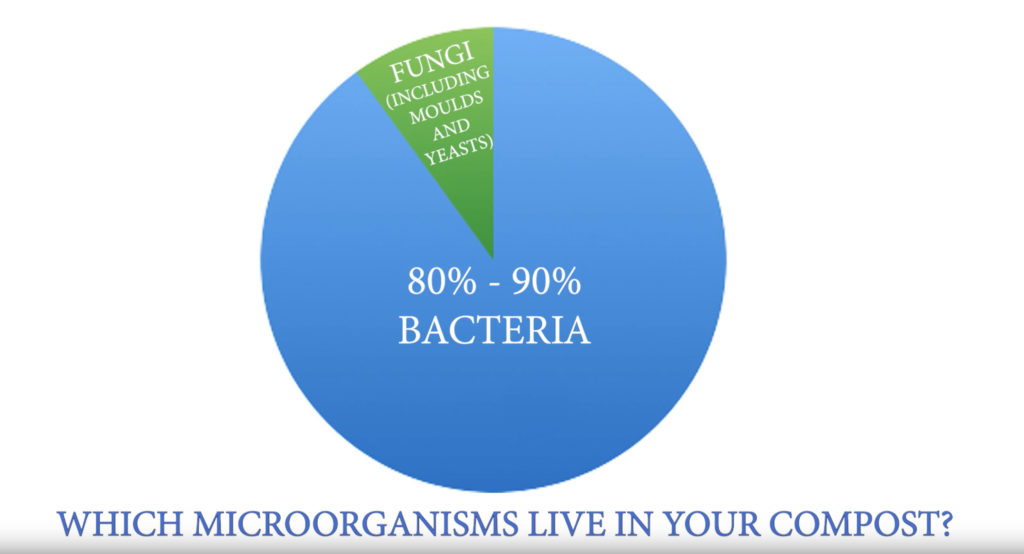
Start collecting and recycling your own food waste
Recycling merely requires habit. All you need to do is get yourself a food waste bin and pop it in your compost bin whenever it’s full. Even the RSPB now provide their magazines in compostable plastic, which allows you to use it in your food waste bin if you wish. You can easily purchase compostable food-waste bin liners from supermarkets or online too so the whole process is mess-free.
Enjoy the benefits of collecting your own garden waste
If you have the benefit of your council providing garden waste bins, you might still find that the bin isn’t big enough and won’t necessarily take all that you need to feed it during the months when your garden grows the most. This is another reason why having a compost bin can be a huge benefit. We have three large compost bins in the Embrace Nature UK garden and have no trouble filling them with grass clippings, food waste, leaves and other materials. It’s so much better recycling these things yourself and with great convenience than waiting for someone to collect your rubbish by their convenience.
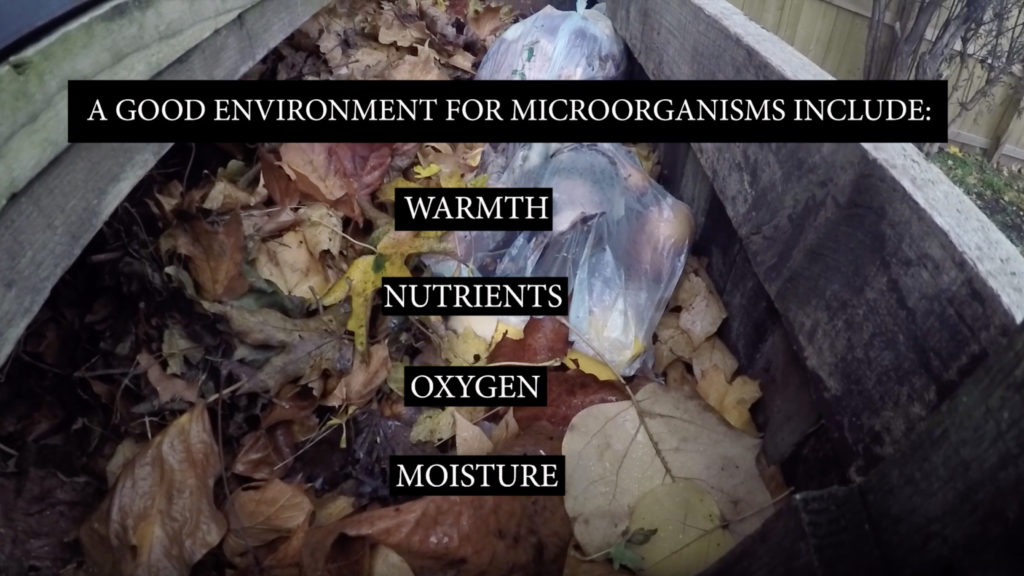
So the benefits of composting are clear and managing it is simple. Get it right and not only should you end up with healthy compost for your plants in the garden as a result, but it also encourages wildlife as acts as a haven for insects and other creatures.
